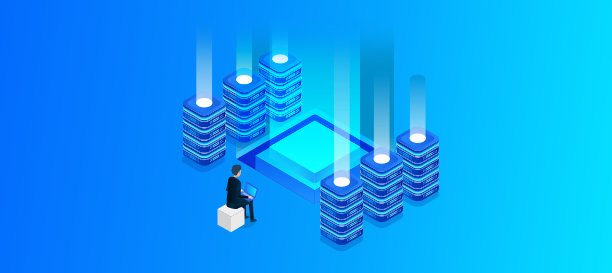
The challenges in establishing data security best practices in a WFH environment
The COVID-19 pandemic changed the landscape of the corporate world drastically by making WFH, mainstream. What does that mean for your business data? How does it change your business’s cyber risk profile? Download our whitepaper, The WFH environment & associated data risks, a new perspective, to find out.Restrictions on installing firewalls, antivirus, system/software updates, and security patches
When your employees are in the office physically and using your computers, you can install firewalls and access control mechanisms. For example, you can block non-work-related sites or sites with 3rd party cookies, or set up password policies for them to follow when using the device, etc. But, if they are working from home, and using their own devices, there’s no way you can install firewalls or have access restrictions like that in place at the system level. Similarly, you can ensure your work computers are up-to-date in terms of security patches, system updates, and software upgrades, but you can’t force an employee to install security patches or antivirus on their PC at home!Keeping your data safe after an employee quits
When your employees are working from home using their own devices, how can you be sure you recovered all your data and erased them permanently from your former employee’s devices? How do you ensure they don’t have a copy of the sensitive information stored somewhere that could be misused intentionally or unintentionally cause a data breach.Safeguarding access to your data in case of unexpected events such a device theft or breakdown
If your employee is using their personal device for work and it gets stolen, how do you handle the data loss and any data compromise that could possibly follow. Similarly, if something goes wrong with their device, how do you ensure your data is not lost and your work is not stalled? Also, if the device goes into repair, how can you be sure of the security of your data then?Challenges brought on by device sharing
If your employees are using their own devices for work purposes, you can’t stop them from sharing their devices with friends and family. But, device sharing can put your data at risk of being stolen.Remember WFH is not necessarily just WFH
When we use the term, WFH, the first image that comes to mind is of a person sitting in their living room or home office desk and working on a laptop. But, remember that’s not necessarily true. When you follow the WFH model, it enables your employees to work from anywhere! The recent ‘workation’ (work+vacation) trend that’s catching on quickly is a testimonial to this fact. For all you know, your employee may be working from the Starbucks two states away, or they may be at the airport sending that last report in before they take off for a vacation, or they may dial into that important meeting from the resort they are staying at--all instances where they may be using public Wi-Fi networks, compounding the risk to your data from cybercriminalsLet’s face it! The WFH environment coupled with the BYOD (Bring-your-own-device) makes organizations much more vulnerable to cybersecurity threats than the traditional office setup. However, that doesn’t mean there’s no solution. As a company, you can still put various mechanisms in place to ensure the safety and security of your data. You should also train your employees on how to safeguard themselves and your data from cybercriminals. A managed service provider (MSP) specializing in cybersecurity, data back, and recovery can help you with both of these. They would know what tools you can use to keep your data secure even in the WFH scenario and they will also be able to train your employees on the common mistakes that people make unwittingly which often leads to major data breaches.

Comments
Post a Comment